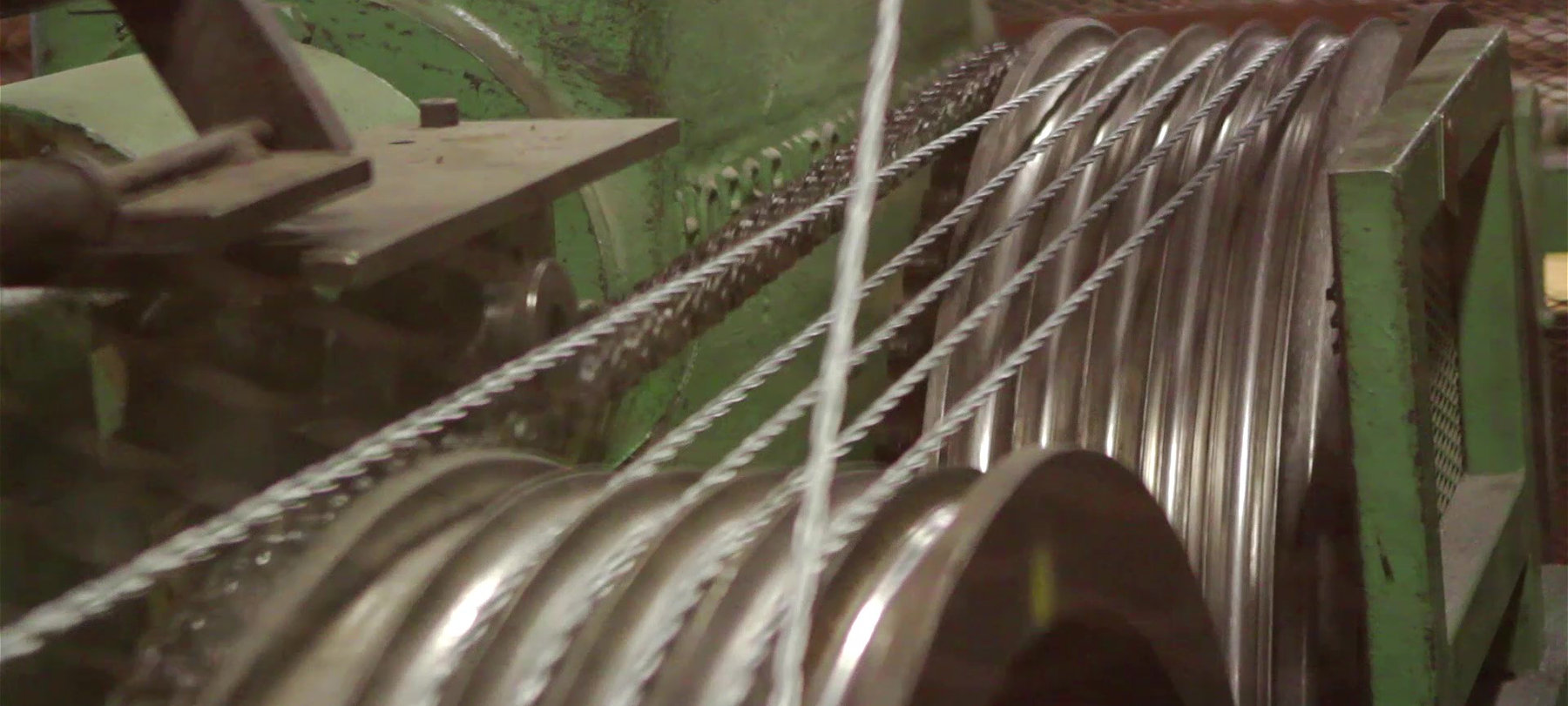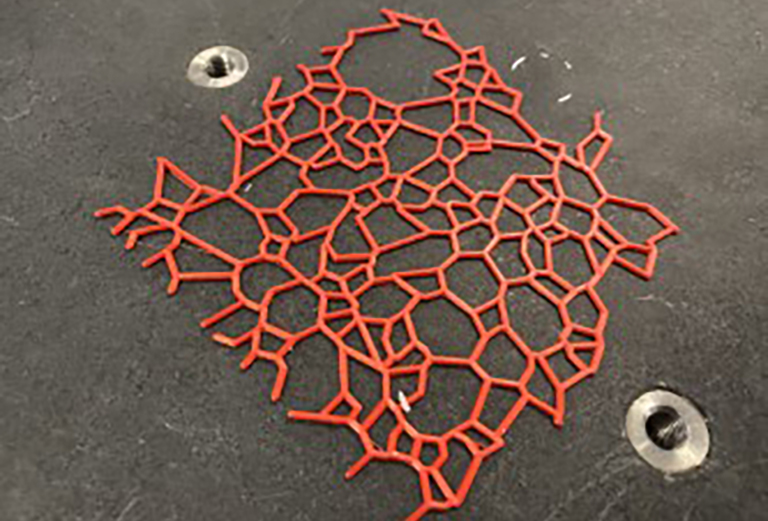UConn-Air Force Research Lab Collaboration Supports Workforce Development
Web cookies (also called HTTP cookies, browser cookies, or simply cookies) are small pieces of data that websites store on your device (computer, phone, etc.) through your web browser. They are used to remember information about you and your interactions with the site.
Session Management:
Keeping you logged in
Remembering items in a shopping cart
Saving language or theme preferences
Personalization:
Tailoring content or ads based on your previous activity
Tracking & Analytics:
Monitoring browsing behavior for analytics or marketing purposes
Session Cookies:
Temporary; deleted when you close your browser
Used for things like keeping you logged in during a single session
Persistent Cookies:
Stored on your device until they expire or are manually deleted
Used for remembering login credentials, settings, etc.
First-Party Cookies:
Set by the website you're visiting directly
Third-Party Cookies:
Set by other domains (usually advertisers) embedded in the website
Commonly used for tracking across multiple sites
Authentication cookies are a special type of web cookie used to identify and verify a user after they log in to a website or web application.
Once you log in to a site, the server creates an authentication cookie and sends it to your browser. This cookie:
Proves to the website that you're logged in
Prevents you from having to log in again on every page you visit
Can persist across sessions if you select "Remember me"
Typically, it contains:
A unique session ID (not your actual password)
Optional metadata (e.g., expiration time, security flags)
Analytics cookies are cookies used to collect data about how visitors interact with a website. Their primary purpose is to help website owners understand and improve user experience by analyzing things like:
How users navigate the site
Which pages are most/least visited
How long users stay on each page
What device, browser, or location the user is from
Some examples of data analytics cookies may collect:
Page views and time spent on pages
Click paths (how users move from page to page)
Bounce rate (users who leave without interacting)
User demographics (location, language, device)
Referring websites (how users arrived at the site)
Here’s how you can disable cookies in common browsers:
Open Chrome and click the three vertical dots in the top-right corner.
Go to Settings > Privacy and security > Cookies and other site data.
Choose your preferred option:
Block all cookies (not recommended, can break most websites).
Block third-party cookies (can block ads and tracking cookies).
Open Firefox and click the three horizontal lines in the top-right corner.
Go to Settings > Privacy & Security.
Under the Enhanced Tracking Protection section, choose Strict to block most cookies or Custom to manually choose which cookies to block.
Open Safari and click Safari in the top-left corner of the screen.
Go to Preferences > Privacy.
Check Block all cookies to stop all cookies, or select options to block third-party cookies.
Open Edge and click the three horizontal dots in the top-right corner.
Go to Settings > Privacy, search, and services > Cookies and site permissions.
Select your cookie settings from there, including blocking all cookies or blocking third-party cookies.
For Safari on iOS: Go to Settings > Safari > Privacy & Security > Block All Cookies.
For Chrome on Android: Open the app, tap the three dots, go to Settings > Privacy and security > Cookies.
Disabling cookies can make your online experience more difficult. Some websites may not load properly, or you may be logged out frequently. Also, certain features may not work as expected.

The COVID-19 pandemic has affected manufacturers in every sector. In the face of disruptions to production and supply chains, disproportionate decreases in product demand and many other challenges, manufacturers are taking a close look at strategies that will help them be better prepared for future pandemics or other disasters. How will they protect their core businesses and keep their companies afloat?
Connecticut Manufacturing Resource Center (CMRC) at Tech Park is working with small- and medium-size manufacturers to develop long term solutions to this critical issue.
Using funds from a recently awarded $300K EDA CARES Act grant, CMRC is proactively helping companies establish contingency plans for effectively maintaining operations from an off-site location during a crisis. Participating companies receive access to product lifecycle digital technologies that establish a kind of smart backup at Tech Park, a digital twin of a company’s operations that helps ensure minimal disruption.
Joe Luciani, Director of the Proof of Concept Center (POCC) at Tech Park, helps manage the grant. He believes that this vital support is coming at a crucial time, stressing that “The pandemic has severely impacted these companies and they are eager to put safeguards in place.” Hadi Bozorgmanesh, PI for the grant and Director of CMRC, adds with conviction, “Our manufacturing sector is a major source of economic strength for Connecticut and we need to help these organizations find long term solutions as they start to recover from the crisis.”
CMRC is already seeing success. Sunil Agrawal, Vice President of R&D Dynamics Corporation, a manufacturing company in Bloomfield, CT, recently completed the program. He contacted Hadi with gratitude and praise for UConn’s outstanding dedication and support throughout the project. He affirmed his organization’s commitment to implement the recommended changes, and his conviction that “The result will be a company that is not only more efficient and capable, but more resilient in a crisis like the one brought on by the events of the last twelve months.”
UConn is seeking additional partners who will receive funding support in a cost-share arrangement. Contact Hadi Bozorgmanesh, hadi.bozorgmanesh@uconn.edu.
The Enterprise Solution Center (ESC) at UConn Tech Park comprises four research centers: Quiet Corner Innovation Cluster (QCIC), Proof of Concept Center (POCC), Connecticut Manufacturing Simulation Center (CMSC), and Connecticut Manufacturing Resource Center (CMRC).
ESC takes an integrated approach to co-development of technology products and services to support the competitiveness of small and medium manufacturers.
Anna Tarakanova, Assistant Professor in Mechanical Engineering and Biomedical Engineering at UConn, studies ways that the structural features of complex networks like extracellular matrices (ECM) support their function. To explore this further, she decided to find a way to recreate her ECM micro-structure data into enlarged physical models that are visible to the naked eye.

She approached Joe Luciani, Director of the Proof of Concept Center (POCC), an experienced innovator at Tech Park. His extensive collaborative experience with faculty, students and companies of all sizes paired with his expertise utilizing POCC’s state-of-the-art prototyping and fabrication equipment was well aligned with Anna’s research goals.
To kick off the project, Anna provided her structural data set as a shareable source. Joe converted the file using 3D modeling software, Rhinoceros3D, with a visual programming plugin, Grasshopper3D, that crunched the data to produce a network of nodes and linkages – i.e., a 3D model. Joe used this 3D model to successfully print larger-than-life ECM samples in POCC’s Stratasys 3D printers. He also recorded the printing process by programming one of the center’s robots to hold a camera and move through a few waypoints.
Anna provides some additional insight into her research. She explains, “Our research is focused on understanding the structure-function connectivity of complex heterogeneous systems like extracellular matrix (ECM) networks [the printed specimen] by establishing a microstructure-resolved deep learning framework that couples imaging data of matrix microstructure with multiscale computational modeling from the nanoscale, 3D printed prototyping, and in vitro mechanical testing of tissue specimens.”
The project is a new collaboration between Professor Tarakanova, Hongyi Xu, Assistant Professor in Mechanical Engineering at UConn, and David M. Pierce, Associate Professor in Mechanical Engineering and Biomedical Engineering at UConn.
“This is an exciting new line of convergent research that utilizes heterogeneous 2D experimental microscopic imaging data to stochastically reconstruct realistic 3D matrix structures through a statistically-driven, generative deep learning approach for a representative model system: healthy and osteoarthritic articular cartilage, ” says Pierce.